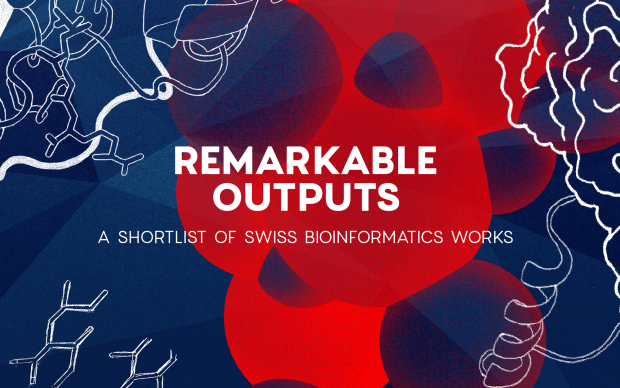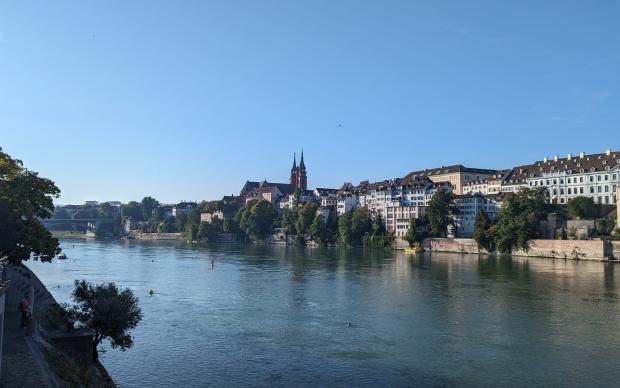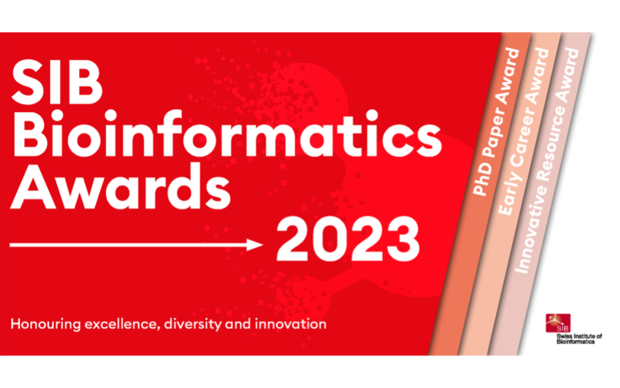Lukas Burger – Laureate of the 2009 SIB Early Career Bioinformatician Award
Lukas Burger received the award in 2009 for his project on “How to predict physical interactions between protein residues entirely based on sequence data, using multiple sequence alignments of similar proteins” in the team of SIB Group Leader Erik van Nimwegen at the Biozentrum, University of Basel.
Ten years later, Lukas is working as a Computational Biology Research Associate in the Group of Dirk Schübeler at the Friedrich Miescher Institute for Biomedical Research (FMI) in Basel. Read our interview and visit the Schübeler group webpage, to find out more about Lukas’ work there.
About the SIB Bioinformatics Awards and our interview series “Meet the past SIB Awards Laureates”
Started in 2008 as an initiative to distinguish young bioinformaticians in Switzerland, the SIB Bioinformatics Awards have gone a long way since: from a single national award to three different prizes today, honouring 1) international early career bioinformaticians (SIB Early Career Bioinformatician Award), 2) excellency within the Swiss PhD community (SIB Best Swiss Bioinformatics Graduate Paper Award) and 3) innovative bioinformatics resources (SIB Bioinformatics Resource Innovation Award). Throughout the years, 21 awards have been presented, with nine laureates recognized for their outstanding early career, ten Graduate students for their excellent publication and two bioinformatics resources for their innovative aspect.
In 2019, the SIB Bioinformatics Awards will be presented for the 10th time, providing a great occasion to reach out to past laureates and ask them where they are now in their career: this interview is part of a series inviting you to meet past SIB Bioinformatics Awards laureates.
At which point of your career were you when you received the SIB Award? How did it feel? What was the key interest of your research at this time point?
I received the award at the end of my PhD and felt honoured. At that time, I was interested in protein contact prediction and started to become interested in genomics, particularly in methods to identify the binding sites of RNA-binding proteins.
What are your current research interests?
Transcriptional regulation and epigenetics.
In your personal opinion, what is the single most fascinating discovery made possible by bioinformatics?
The assembly of genomes using shotgun sequencing.
What do you like to do in your free time?
Reading, dancing and playing the piano.
Any words for the future generation of bioinformaticians?
There are many different areas of research in bioinformatics and obviously I can only say something about genomics, in particular when applied to research in transcriptional regulation.
For me, two things were crucial. First, I was fortunate enough to have very good mentors both during my PhD as well as at FMI, who taught me the necessary statistical and data-analysis skills and critical scientific thinking. Second, I was able to benefit from a tight interaction with biologists that gave me an understanding of the experimental details and problems, as well as a clearer understanding of the underlying biological questions. So, I would recommend anyone who wants to work in a field similar to mine to interact closely with both people with a theoretical or statistical background and with biologists.


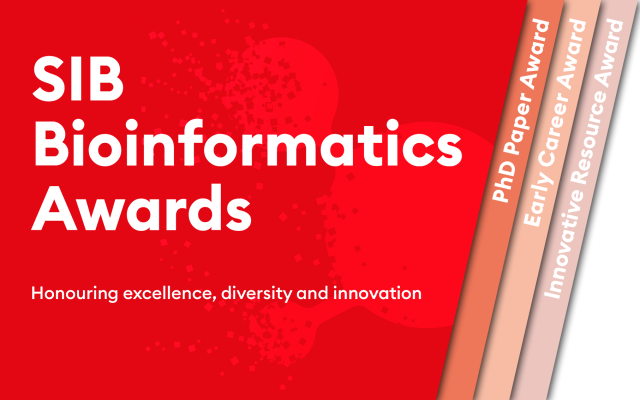
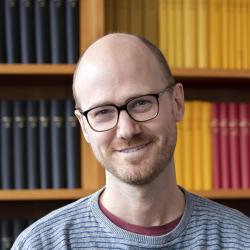
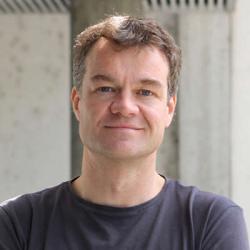
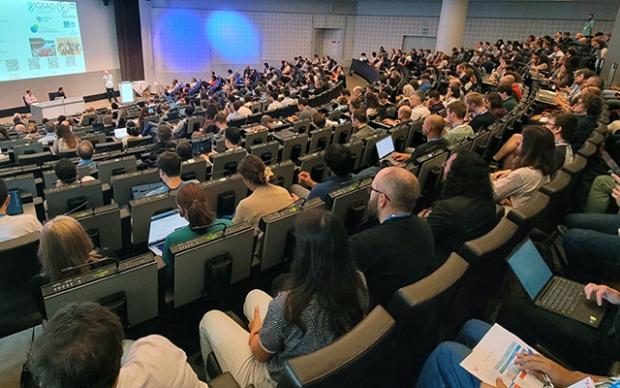
![David Meyer presenting at the [BC]2 Basel Computational Biology Conference](/sites/default/files/styles/card_image/public/2025-10/david-meyer-banner.jpg?h=602a36b5&itok=JRGMwIRV)
![Michael Skinnider presenting at the [BC]2 Basel Computational Biology Conference](/sites/default/files/styles/card_image/public/2025-10/michael-skinnider-banner.jpg?h=602a36b5&itok=tmJobPUi)
![Ilan Gold presenting at the [BC]2 Basel Computational Biology Conference](/sites/default/files/styles/card_image/public/2025-10/ilan-gold-banner.jpg?h=602a36b5&itok=YvC9BUMP)
